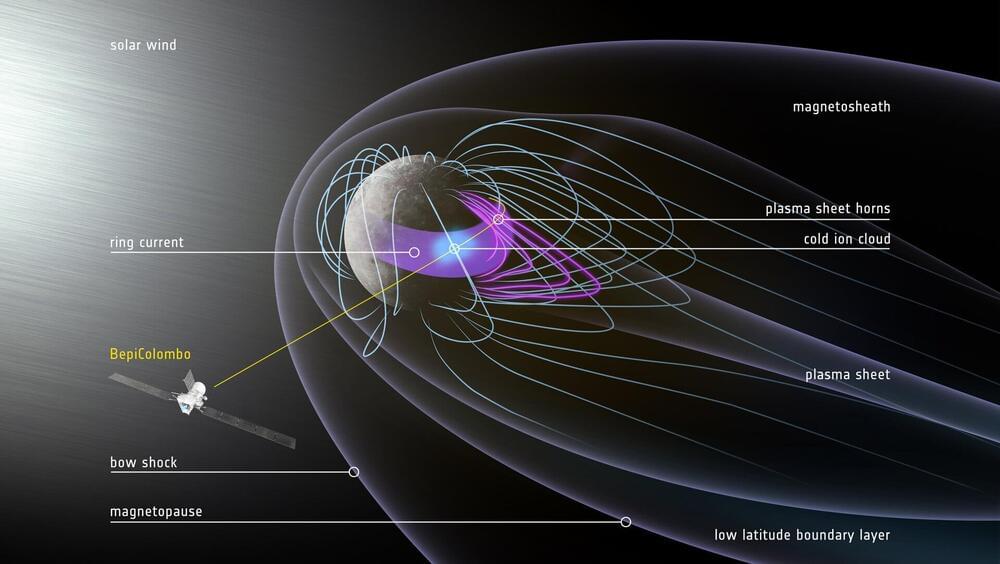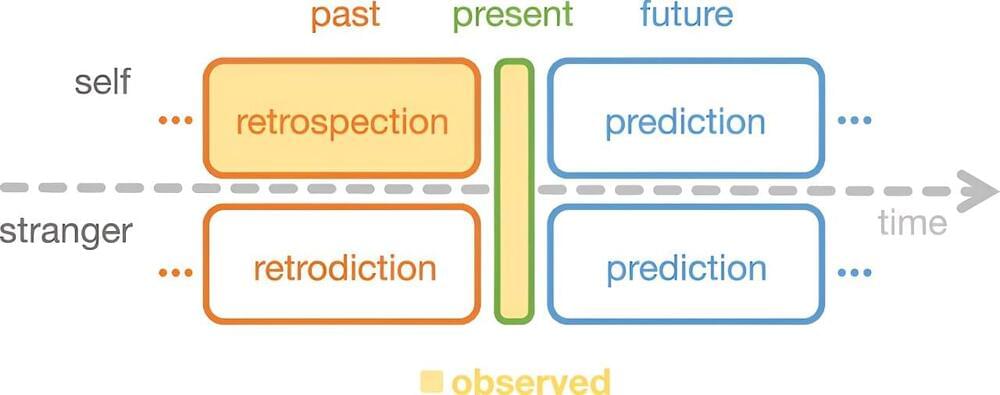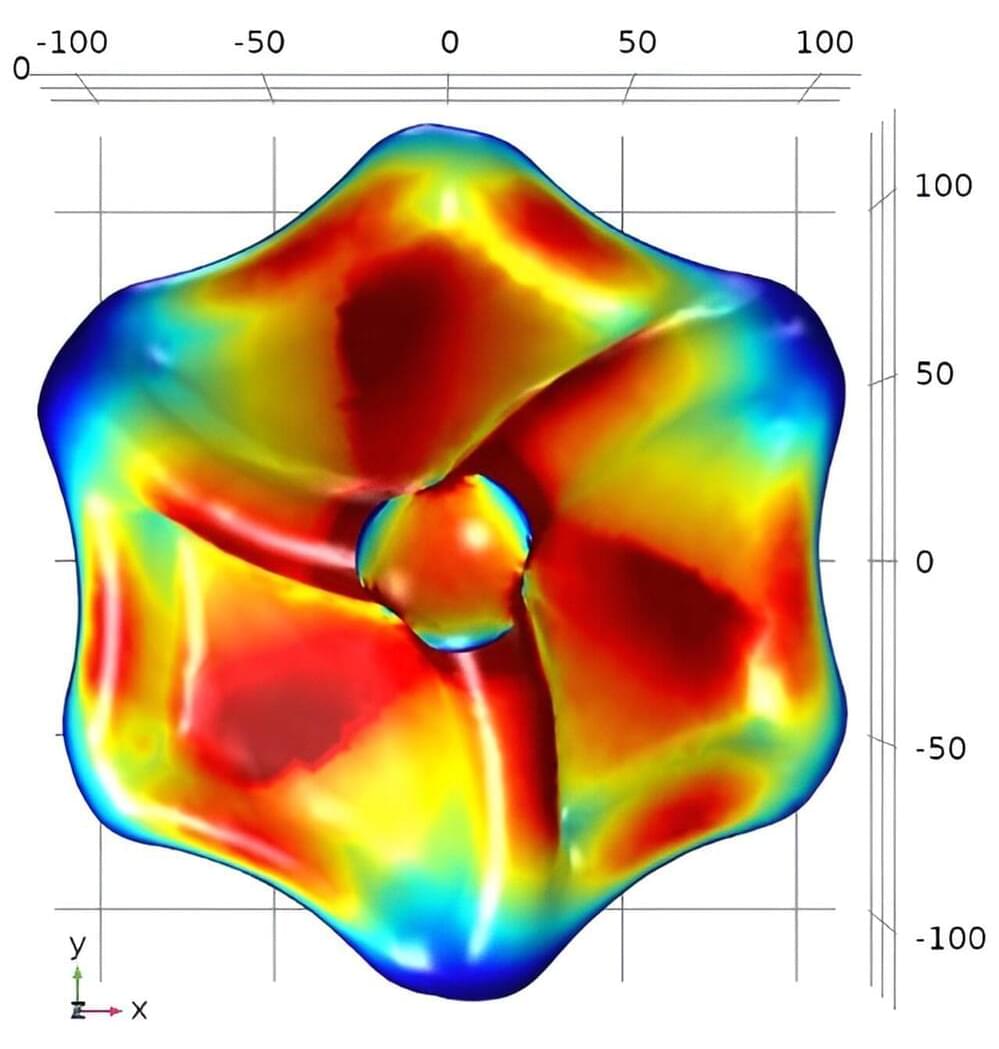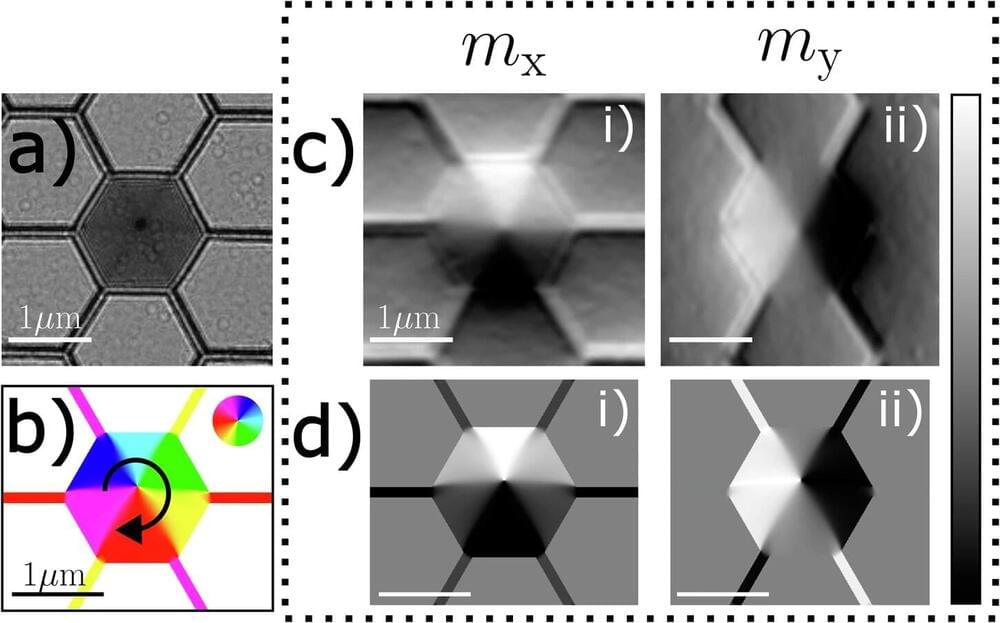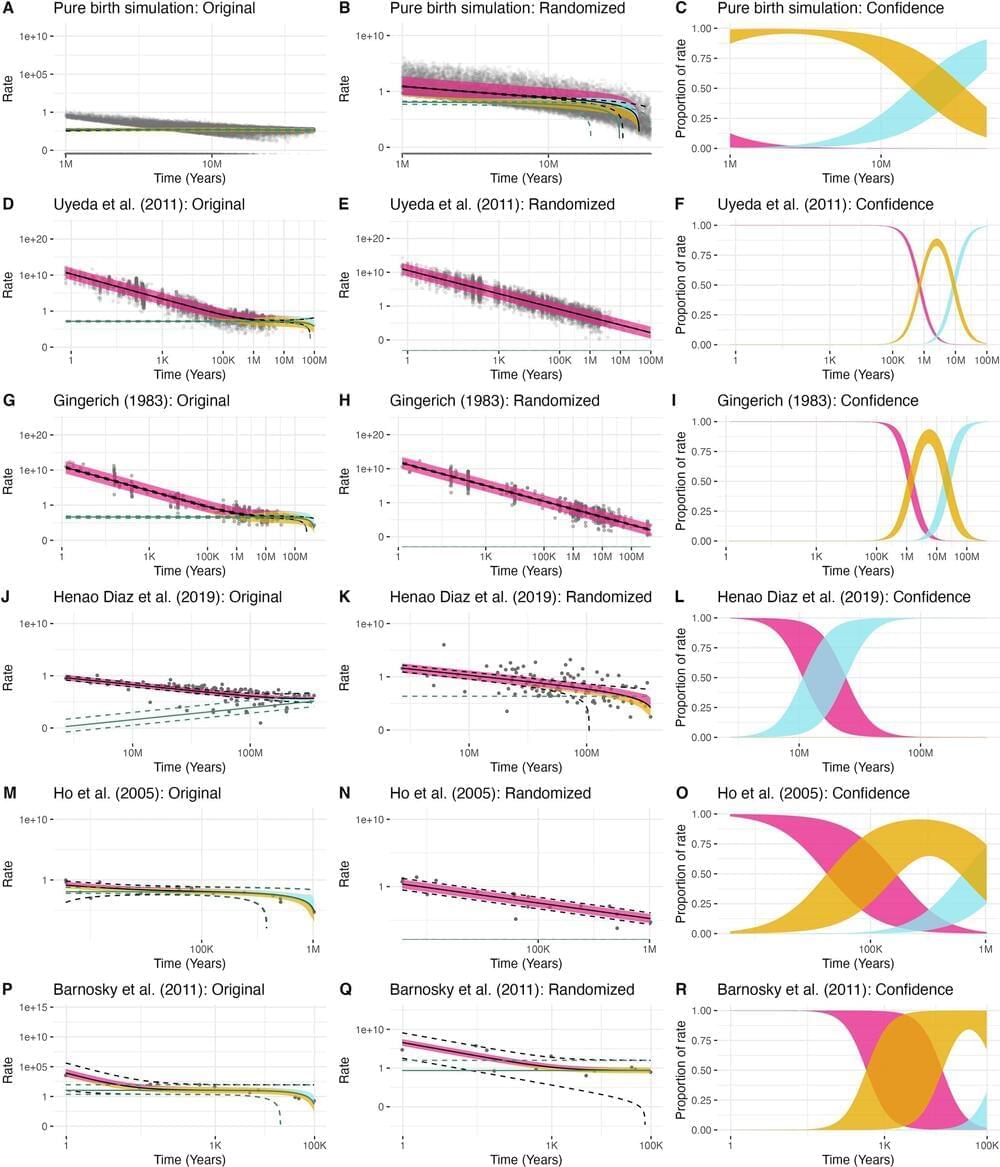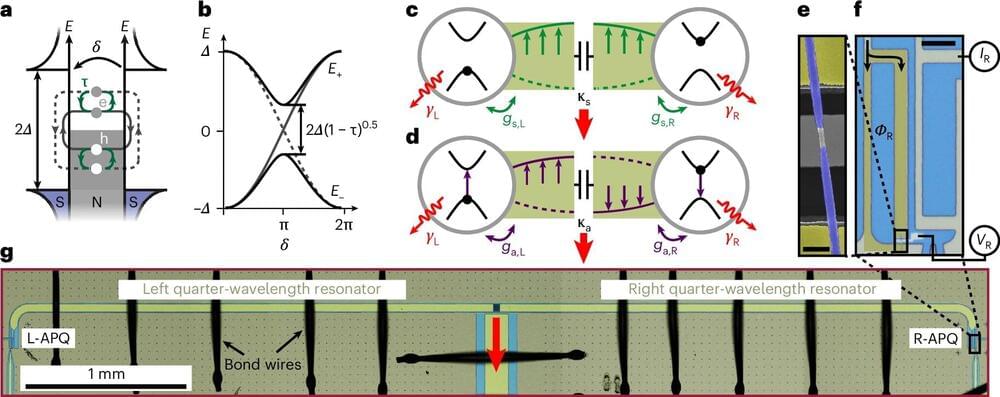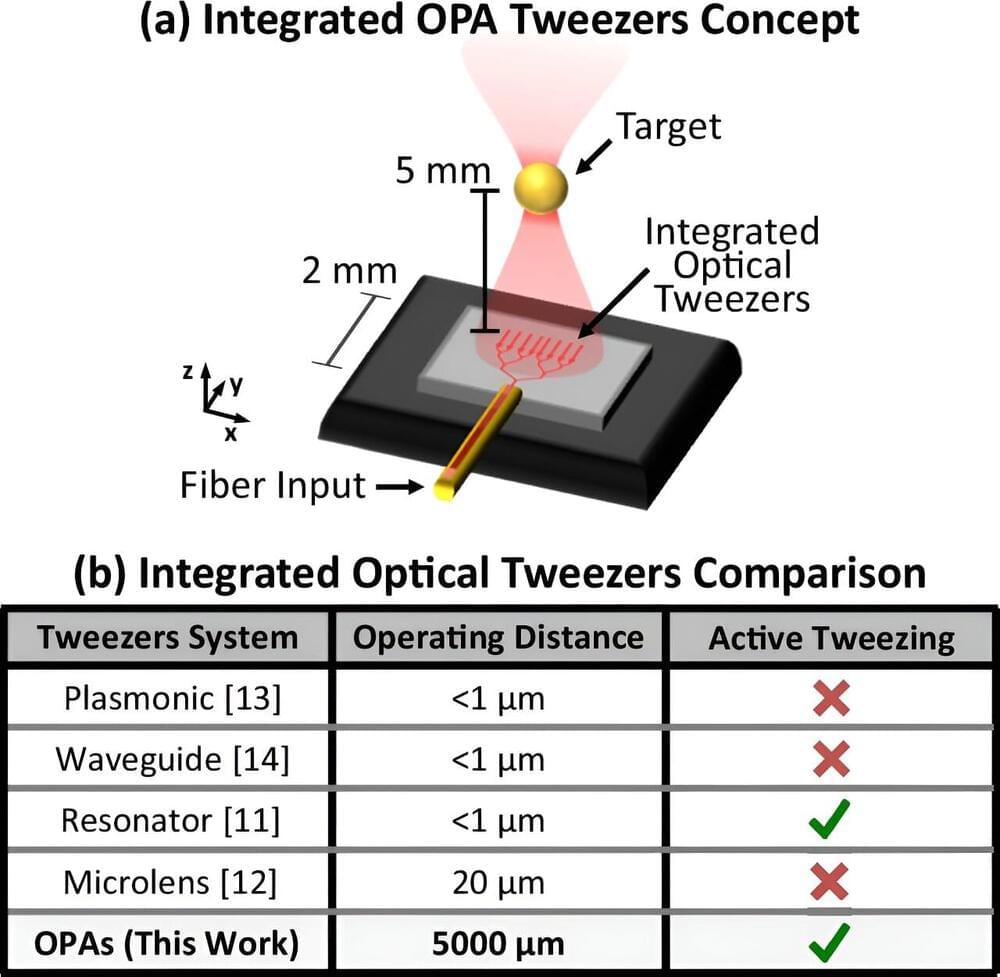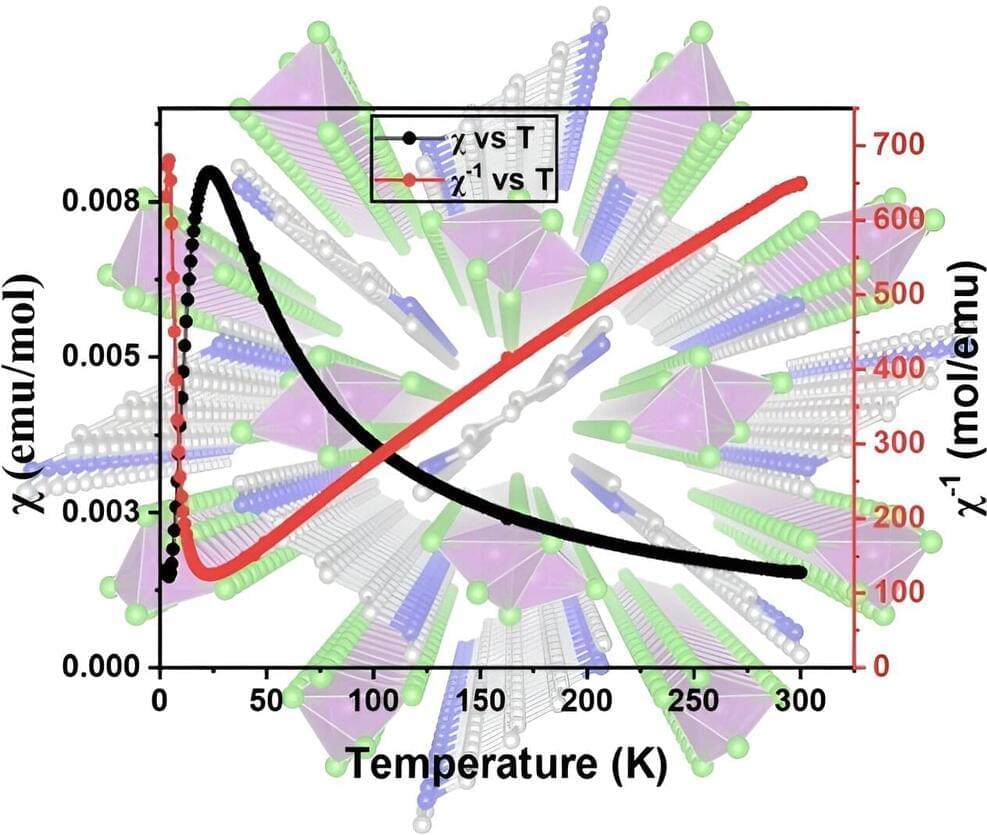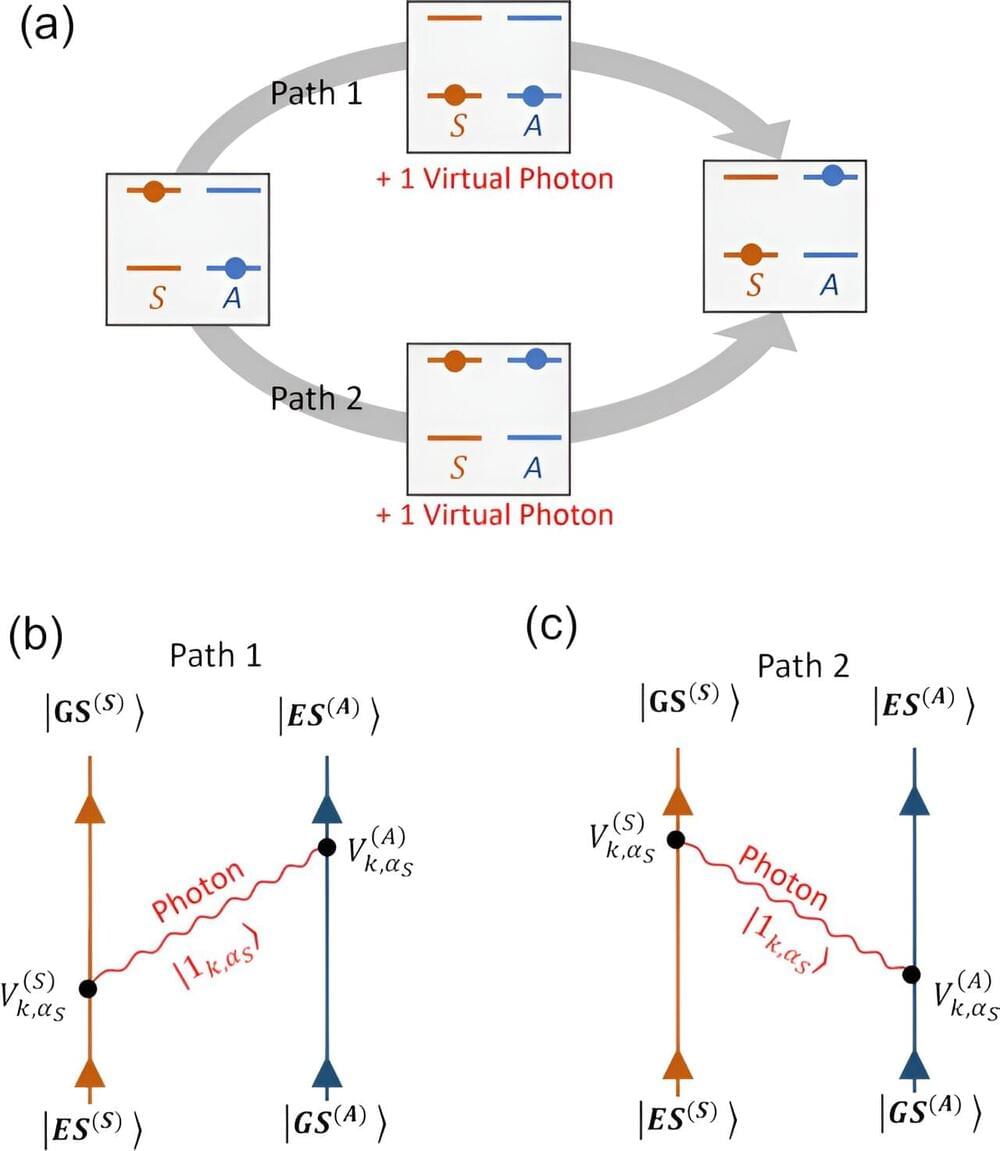Now, researchers at the U.S. Department of Energy’s (DOE) Argonne National Laboratory and the University of Chicago Pritzker School of Molecular Engineering (PME) have proposed a new type of memory, in which optical data is transferred from a rare earth element embedded within a solid material to a nearby quantum defect. Their analysis of how such a technology could work is published in Physical Review Research.
“We worked out the basic physics behind how the transfer of energy between defects could underlie an incredibly efficient optical storage method,” said Giulia Galli, an Argonne senior scientist and Liew Family Professor at PME. “This research illustrates the importance of exploring first-principles and quantum mechanical theories to illuminate new, emerging technologies.”
Most optical memory storage methods developed in the past, including CDs and DVDs, are limited by the diffraction limit of light. A single data point cannot be smaller than the wavelength of the laser writing and reading the data. In the new work, the researchers proposed boosting the bit density of optical storage by embedding many rare-earth emitters within the material. By using slightly different wavelengths of light—an approach known as wavelength multiplexing—they hypothesized that these emitters could hold more data within the same area.
